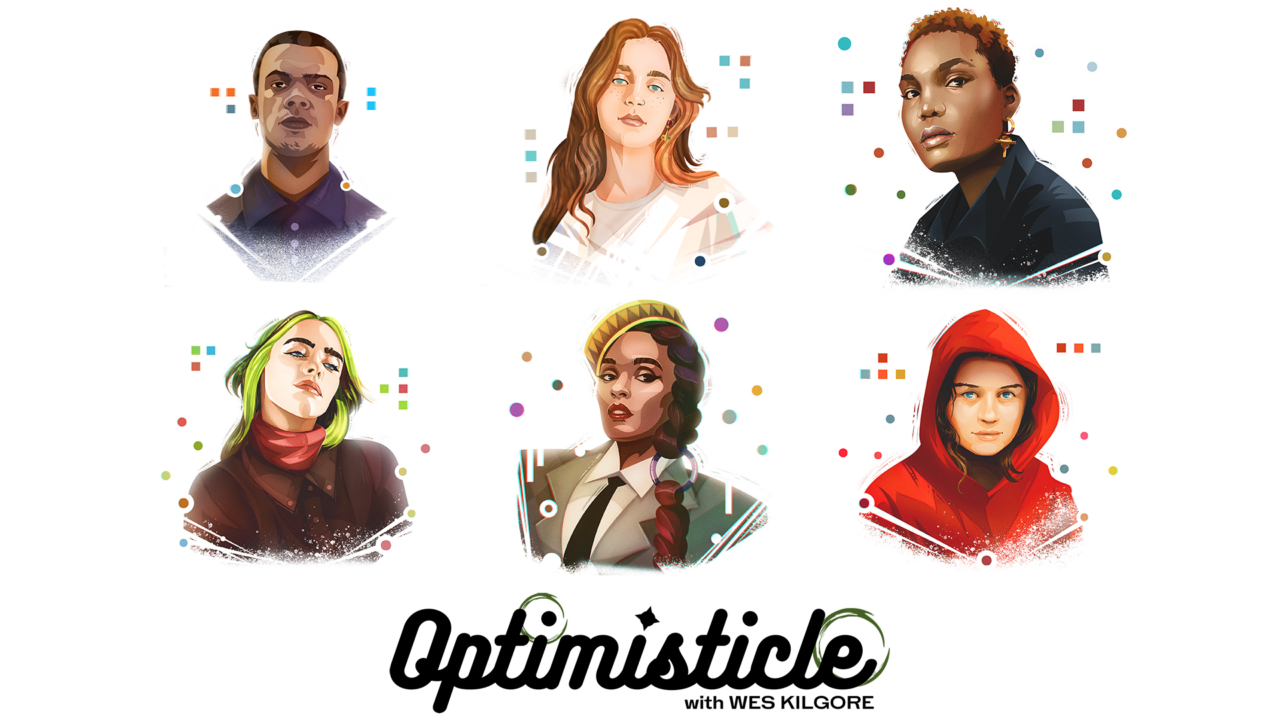
collection
By Wes Kilgore, Well Beings
Emotional support animals (ESA) have come under a considerable amount of controversy in the past few years. Through their companionship, unconditional positive regard and affection, these animals provide aid to individuals with psychiatric disabilities and are exempt from federal housing and travel rules. But many people find it hard to fathom why they have to share cabin space with a furry creature, and viral videos of unusual and exotic ESAs on planes have created somewhat of a backlash against them. Some believe that people are taking advantage of lax ESA regulations in order to travel with their four-legged companions. But lost in the manufactured outrage are the success stories, the real people that these animals help cope with debilitating anxiety and depression. Here are a few of them.
If it walks like a duck and quacks like a duck, it could be Cuddle Quack, Azja Dann’s emotional support duck. Azja’s mother, Ashley, says that the bird helps her daughter with her anxiety issues. “Before she was very shy,” Dann says, adding that the attention that Cuddle Quack draws while accompanying Azja around town has forced her to talk to people more and become more outgoing. The Austin, TX family raised the duck from an egg, and its bond with the family shows it. Dann says the duck is very empathetic, and it will lay its head on your shoulder when you’re feeling down.
Pita Peppa isn’t your average pet pig. To 18-year-old Emily, Pita Peppa is a friend and healer. Emily was born with a rare condition called Chiari malformation that causes her brain to push on her spinal cord. She has been through more than 30 surgeries at Seattle Children’s Hospital to manage the condition, yet she still experiences pain and struggles with depression. But ever since Pita Peppa came into her life, things have gotten a lot better. — Inside Edition
Alpine the cockatoo shares a dorm room with college freshman Brady Lee and his roommate. Lee says that a lot of the anxiety and depression that he experienced throughout high school stemmed from being gay in a small town. He says he started to feel better after going to therapy and taking medication, then he adopted Alpine after he started working in a bird sanctuary. “Al” has also helped Brady deal with his social anxiety by giving him a reason to talk to people.
A sexual abuse survivor says she “would not be here today” if it weren’t for her pet capuchin monkey. Lauren Elizabeth McAna from Loxahatchee, Florida, has two Brazillian Tufted Capuchin monkeys; three-year-old Emerson Alexander and five-year-old rescue Chica Morey. The 23-year-old veterinary technician has suffered with mental health challenges throughout her life, resulting in physical trauma and she sees her capuchin monkey Emerson as her support animal.
Lennon, a 2-year-old, Havana mix bunny who is the emotional support bunny of LA musician and YouTube personality, Lorelei Carlson. Free roam (no cage) and a documented ESA, Lennon found a home with Lorelei a couple of years ago when Carlson was “going through a rough patch.” A first-time bunny owner, Carlson almost gave Lennon away when the animal didn’t meet any of her misplaced expectations of “dog-like behavior.” But something clicked between them when she literally got down to Lennon’s level, and the two have been inseparable ever since.
In this video, Cassandra Grace discusses the approval process for having a service animal at college, and her thought process for picking the right animal. Grace says that she looked into getting an ESA because despite seeing a therapist and being on medication, she was still having a difficult time. “I have depression and anxiety and now also ADHD,” she said. “What that means is that basically college is quite a struggle for me.” After considering guinea pigs and gerbils, she fell in love with Alfie, the parakeet.
Alicia Blackwood, founder of the therapy nonprofit Wildheart Ranch, regularly visits retirement facilities in her area with her 26-year-old miniature therapy horse, Big Daddy in tow. Alicia’s journey with helping others began with her own trauma. She says she has PTSD because she was kidnapped when she was young. Blackwood says, “I noticed that with the animals I felt… I didn’t feel any kind of anxiety I didn’t feel any kind of unsettled emotion.”
Meet Wally, the 5ft, 60lb, federally-licensed emotional support alligator. Owned by Joie Henney, from Pennsylvania, Joie’s house boasts a variety of reptiles, ranging from bearded dragons to ball pythons. The reptile that steals the show, however, is the four-year-old Wally, who has a special place in Joie’s heart. Joie told Truly: “He’s far from a typical alligator, he loves cuddling and he loves giving kisses”. As well as having full run of the house, Wally is regularly taken out for walks to parks, malls and even restaurants. – Beastly
Travis the llama is the star at Nashoba Valley nursing home in Massachusetts, ambling through the hallways every few weeks and “giving kisses.” Animal-therapy programs like this are said to decrease agitation in many nursing home residents and to increase participation. The animals are sometimes able to bring the residents out of their shells and brighten residents’ days in ways that previously seemed impossible.

Wes Kilgore is a writer, musician and bon vivant based in the Washington, DC area, and the proud parent of two disturbingly well-adjusted young women and two borderline sociopathic Corgis.
WellBeings.org is a health and wellness resource, not a crisis or suicide response website. If you are in crisis, or experiencing thoughts of suicide, please call or text the 988 Suicide & Crisis Lifeline at 988 or the LGBT National Hotline at (888) 843-4564. The service is free and available 24 hours a day, seven days a week.